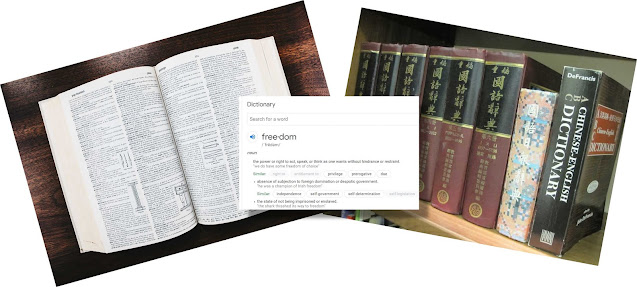The two documents, Method for managing religious personnel (draft for solicitation of opinions) and Rules for the Implementation of the Provisions on the Administration of Religious Activities of Aliens within the Territory of the People’s Republic of China (revised draft for solicitation of opinions) aim to further tighten religious activities of foreigners in China.
- Method for managing religious personnel contains a total of 51 articles.
- Rules for the Implementation of the Provisions on the Administration of Religious Activities of Aliens within the Territory of the People’s Republic of China (revised draft for solicitation of opinions) contains a total of 40 articles divided into the following five chapters:
- general rules,
- collective religious activities,
- religious exchanges,
- legal responsibilities, and
- supplementary provisions.
The current proposed revisions comprise the second amendment to the 1995 publication of “Rules for the Implementation of the Provisions on the Administration of Religious Activities of Aliens within the Territory of the People’s Republic of China” [first revision in November 2010]. The recently published draft for “implementation of the provision” includes more than 20 additional regulations. The revisions stipulate that foreigners within Chinese jurisdiction can only conduct special religious activities in temples, churches, and mosques. Those who do not have venues must apply to the religious affairs bureau for a temporary location. The party providing the venue is responsible for reporting any violations against the law.
In addition, domestic foreign personnel must first locate Chinese religious teaching personnel to preside over religious activities. Afterward, they can look for foreign religious teaching personnel to preside over religious activities (Article 11). The amended regulation prohibits foreigners to establish religious groups or schools etc., and they cannot “illegally proselytize, recruit followers, or accept religious donations from Chinese citizens; launch religious teaching training” (Article 21).
Article 25 restricts activities of cultural and academic exchanges with regards to religion between foreigners and Chinese religious groups:
- Officials must authorize religious materials;
- Upon entry into China, foreigners are not allowed to bring more than 10 books of religious printed text or audio-video products,
- they must first apply and obtain official authorization,
- religious personnel who fail to comply with these conditions will be investigated for criminal responsibility.
Christian Times reported that Dr. Ying Fuk-tsang of the Divinity School of Chung Chi College, the Chinese University of Hong Kong, asserts that amended regulations regarding religious personnel primarily target the control of patriotic religious groups. “Even though they have always followed the directions of the government, the government now has to make more comprehensive and subtle controls and demands.”
The “Method for managing religious personnel,” draft for solicitation of opinion,” clearly declares that the CCP must push forward with the sinicization of religion in China. Article 3 clearly states that religious personnel must love the motherland, adhere to developing religions in the Chinese context. Article 7 specifies that religious personnel must study doctrines that benefit social harmony and integrate into preaching; Article 8 clearly states that it should be per China’s internet publication regulations.
According to Dr. Ying Fuk-tsang, the revised amendments “are all the general directions that are emphasized in recent years.”
Although the revised rules target “domestic foreigners,” they also encompass guidelines for supervision of Taiwan, Hong Kong Macau, and overseas Chinese. This stipulation contradicts the management of religious regulations and law, as theoretically, China officially treats Taiwan, Hong Kong, and Macau as China. The legislation of religious activities towards Taiwan, Hong Kong, and Macau (those without Chinese citizenship), however, equates these entities to foreigners.
Provisions and implementations of the revised regulations will convolute communication between the Chinese religious officials and foreign religious groups/individuals as the CCP will perceive any nongovernmental religious and cultural exchanges as illegal.
China Aid exposes abuses in order to stand in solidarity with the persecuted and promote religious freedom, human rights, and rule of law. If you wish to partner with us in helping those persecuted by the Chinese government, please click the button below to make a charitable donation.
ChinaAid Media Team
Cell: +1 (432) 553-1080 | Office: +1 (432) 689-6985 | Other: +1 (888) 889-7757
Email: [email protected]
For more information, click here
